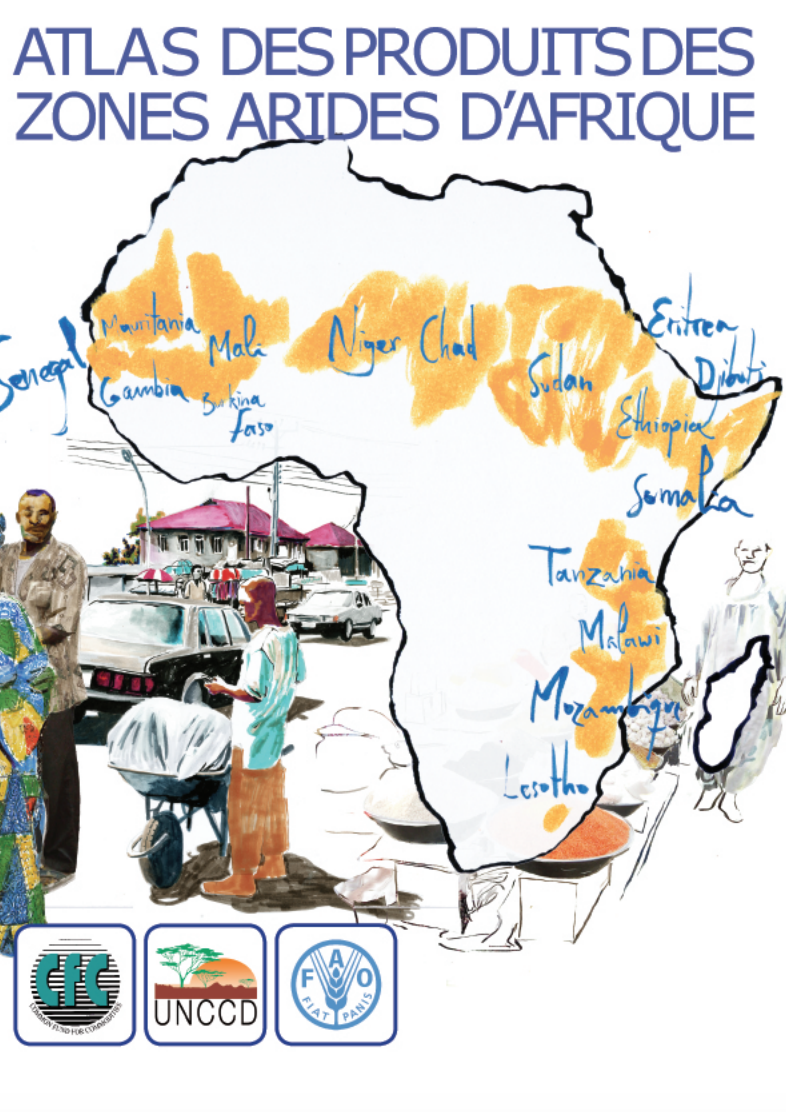Focal point
Location
The Food and Agriculture Organization of the United Nations leads international efforts to defeat hunger. Serving both developed and developing countries, FAO acts as a neutral forum where all nations meet as equals to negotiate agreements and debate policy. FAO is also a source of knowledge and information. We help developing countries and countries in transition modernize and improve agriculture, forestry and fisheries practices and ensure good nutrition for all. Since our founding in 1945, we have focused special attention on developing rural areas, home to 70 percent of the world's poor and hungry people.
Members:
Resources
Displaying 2961 - 2965 of 5074Land grab or development opportunity? Agricultural investment and international land deals in Africa
Over 2008 large-scale acquisitions of farmland in Africa, Latin America, Central Asia and Southeast Asia have increased. This report discusses key trends and drivers in land acquisitions, the contractual arrangements underpinning them and the way these are negotiated. It also analyses the early impacts on land access for rural people in recipient countries with a focus on sub-Saharan Africa.
Atlas des Produits des Zones Arides d'Afrique
Avant-propos La notion de désertification se définit comme une dégradation des sols en zone aride, semi-aride et subhumide sèche, souvent appelée simplement « zone aride ». On estime qu’elle résulte d’une combinaison de facteurs, parmi lesquels les changements climatiques et l’activité humaine. Plus d’un tiers de la superficie totale de la terre est considéré comme zone aride. En termes démographiques, c’est un cinquième de la population totale du globe qui vit en zone aride déjà dégradée ou menacée de désertification.
Land Legislation and the Possibilities for Pastoral Risk
This paper addresses the impacts of climate change in Mongolia asking what legal instruments can help to assure the adaptation of pastoralism - being the predominant economic activity and mode of life of the rural population - to the changing conditions. Leading to more frequent disasters, climate change makes pastoral adaptation necessary and disaster risk management a primary need.
Towards the Voluntary Guidelines on Responsible Governance of Tenure of Land and other Natural Resources
This discussion paper has been prepared by FAO’s Land Tenure and Management Unit to seek views and comments on voluntary guidelines on responsible governance of tenure of land and other natural resources.









